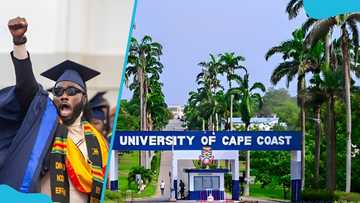Free education in Ghana: Advantages and disadvantages of free SHS
Free education in Ghana is a government initiative geared towards improving literacy levels in the country. Children from low-income families benefit immensely from this program. This article discusses the advantages and disadvantages of free SHS in Ghana.
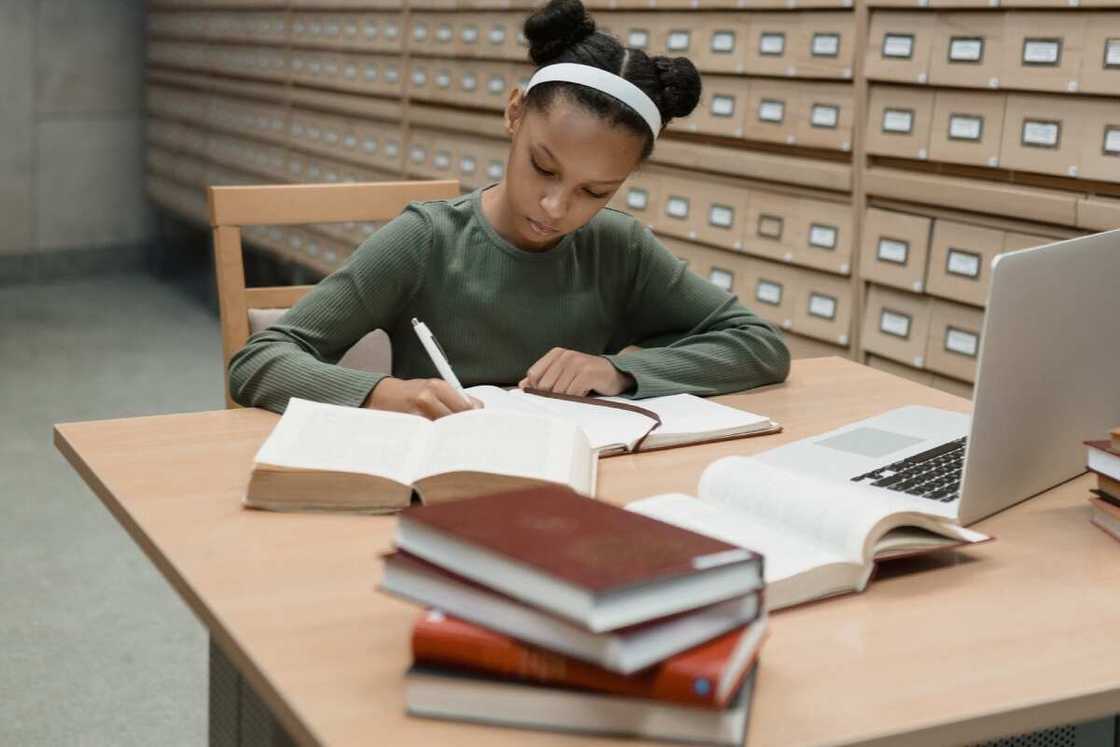
Source: UGC
Ghana initiated free and compulsory primary education in 1961. President Nana Addo Dankwa Akufo Addo launched the compulsory free Senior High School policy on 12th September, 217. Under the new policy, the government covers all fees for students in public senior and vocational high schools, including boarding fees, textbooks, meals, and other charges.
Importance of free education in Ghana
Education can eliminate poverty, famine, diseases, and other African social issues. It stimulates innovation and inventions that can improve people's living standards to a world-class level. Free education in Ghana has more benefits other than bringing financial relief to parents. Below are the benefits of free education in Ghana:
1. Free compulsory education in Ghana has improved literacy levels
The free education policy in Ghana enables people to get primary, junior high school, and senior high school education. SHS prepare students for university and college education. So far, 1.6 million youth have benefitted from the Free SHS policy.
2. Free education promotes the development of employable skills
Most well-paying jobs today require tertiary education. Students get employable skills at senior high school and upgrade themselves in college or university. A gap reduction has formed in university graduates who acquire degrees without secondary school education.
Previously, 70% of high school students desired government jobs by the age of 25, but only 6% could achieve that. Free SHS education has inspired more Ghana students to acquire secondary education before college or university. As a result, Ghana now has many graduates fit for jobs requiring tertiary education, both within and abroad.
3. The initiative has removed the cost barriers to education

Source: UGC
The free SHS education policy in Ghana has cost barriers to education for many people. The GES council shoulders the responsibility of parents and guardians. It provides free tuition, admission fee, textbooks, library fees, science center fees, fees for ICT, examination fees, payment of utility fees, boarding, and meals in secondary schools.
4. Free education has enhanced industrialization
Increased literacy promotes innovation and invention, which eventually leads to industrialization. As a result, Ghana now has more people in the labour force who create new technologies and improve existing ones. Furthermore, more SHS and university graduates now understand how to operate the latest technologies.
5. Free SHS education has promoted entrepreneurship in Ghana
Secondary education in Ghana includes technical and vocational education. Therefore, senior high schools equip learners with global skills, competencies, and knowledge for business careers in the future.
The skills and scientific/technical knowledge students get at senior high schools can help them start businesses before joining universities or colleges. As a result, the entrepreneurial culture among university students in Ghana is solid.
6. Free education in Ghana has led to economic growth
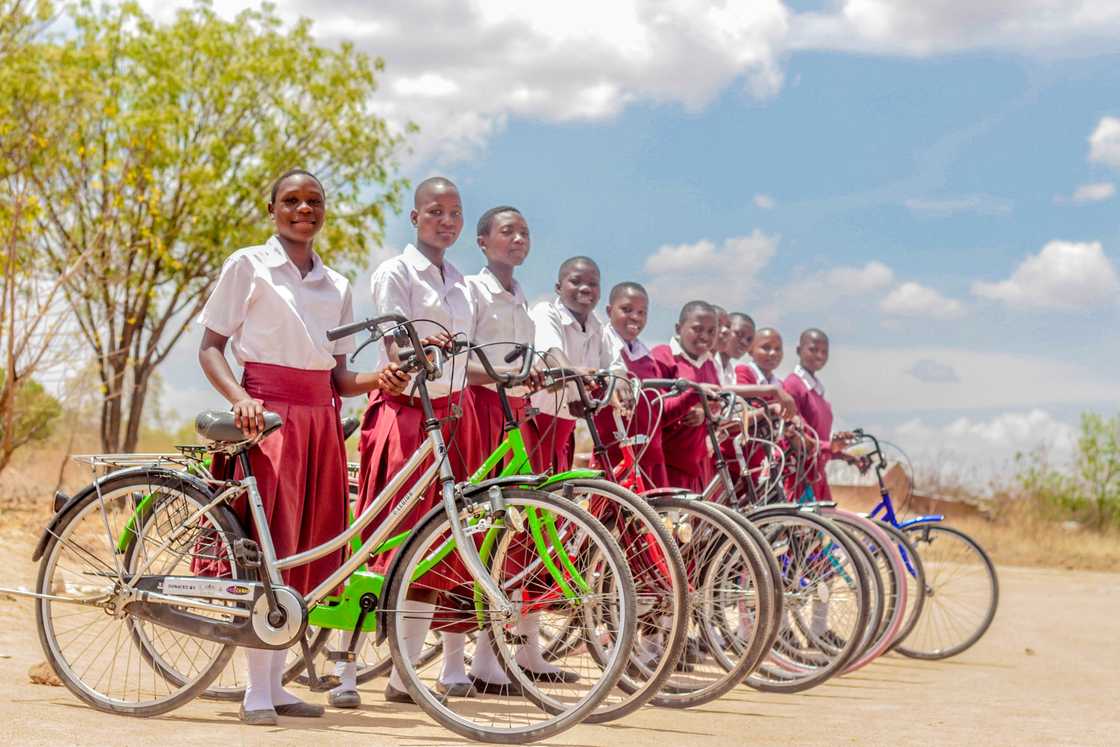
Source: UGC
Secondary school free education in Ghana has improved literacy levels, promoted entrepreneurship, and enhanced industrialization. In the end, these advancements lead to national economic growth.
7. Free education has improved people's living standards
Education has a positive impact on someone's mindset. Learned people are less ignorant about the quality of life they should live. It is through education that society learns how to improve its living standards.
Free education in Ghana molds young people who desire and aspire to overcome poverty cycles in their families. As a result, the youth work hard to build themselves and the nation.
8. Free education has transformed the country’s political scene
Education makes young people politically conscious and encourages them to engage in their nation's political affairs. Senior high school students in Ghana and their families understand political parties' philosophies and manifestos better and make informed voting decisions.
Educated citizens understand how the government generates income. They also expect an open tax collection and expenditure system and demand accountability from the government regarding how it spends the country's revenue.
9. The Double Track System has improved the quality of education

Source: UGC
The Double Track System has two sessions; the Green Track (the first batch of students who attend school for a semester) and the Gold Track (students who attend school when those in the green track session vacate the academic calendar).
The Double Track System has reduced the overwhelming number of high school enrollments and decreased classroom congestion. It has also shortened schooling hours for learners and improved their academic and social progression.
10. Free education in Ghana promotes equality in society
Children from low-income families get quality free education. As a result, they can compete for job opportunities with those from middle-class and affluent families.
11. Free SHS education has led to infrastructural developments
The government has invested in expanding secondary schools by building more facilities. Schools can now accommodate more learners. The government has built more senior high schools to increase enrolment. SHS enrolment almost doubled from 393,995 in 2007/08 to 787,861 in the 2015/16 academic year.
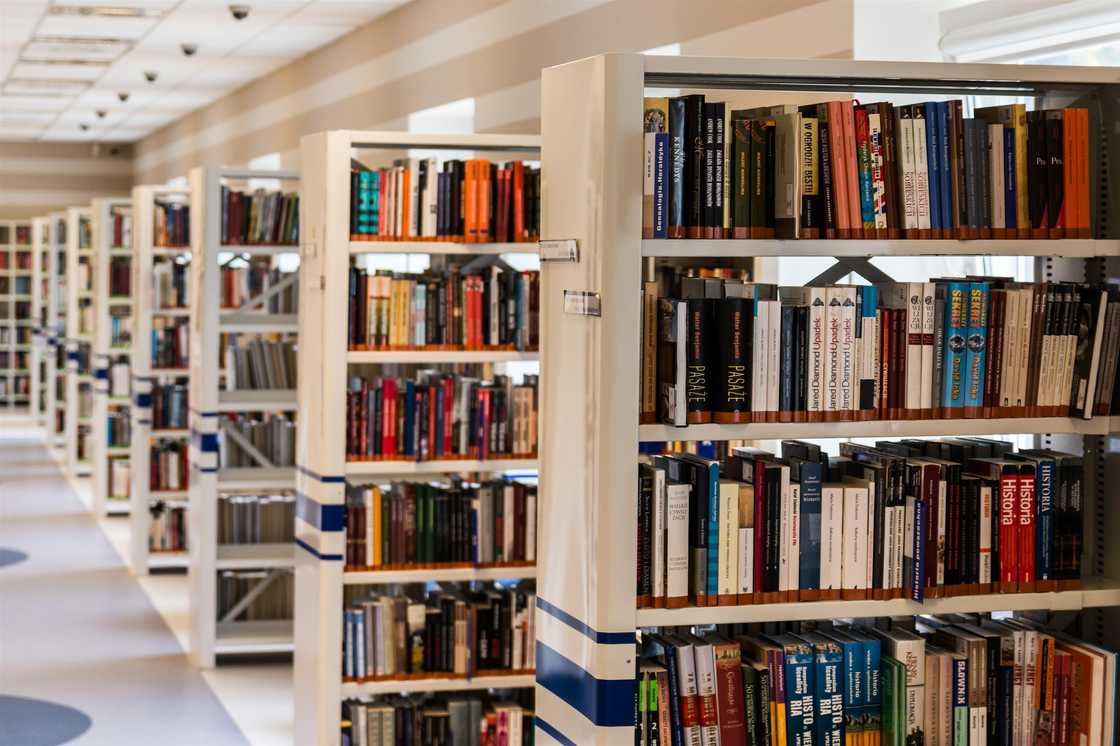
Source: UGC
Challenges facing free education in Ghana
The people hope the government will soon find lasting solutions for issues affecting free compulsory education in Ghana. The challenges make those relying on this government initiative worry about their future. Below are some key disadvantages of free SHS:
1. Some schools in Ghana are under-enrolled
The noticeable performance and infrastructural disparities between public & private schools and rural & urban schools make parents picky when selecting schools for their children. As a result, most new public/community secondary schools in Ghana are under-enrolled. The highest percentages of these under-enrolled schools are in Brong Ahafo and the central regions.
2. Inadequate professionally qualified teachers
The teaching profession has a poor public image in Ghana due to low pay, inadequate incentives, and other issues. Most parents and children are drawn to other jobs more than teaching. Therefore, attracting good graduates to teach courses at the university and college levels takes time and effort.
3. Low levels of teacher commitment

Source: UGC
Lack of incentives and poor working conditions translate into low levels of teacher commitment in Ghana. As a result, most students perform below their potential.
4. Inadequate university slots for secondary school graduates
There is stiff competition for university slots in Ghana. Over 60% of university admissions come from less than 20% of secondary schools in the country. In 2019, Ghana had about 400,000 Free SHS beneficiaries and 120,000 university slots.
5. Low female literacy levels in Ghana
Child abuse and poor transition rates from JHS to SHS contribute to a low female literacy rate. Females in Ghana experience poor transition rates from JHS to SHS because more males are allowed to join secondary schools. They also have a high rate of retention and completing SHS education than female students.
6. Uneven distribution of resources for special needs education
Most rural areas in Ghana lack the necessary educational equipment and infrastructure for children with special needs. One reason for this is low financing within the special education subsector. Ghana also generally experiences a high attrition rate of teachers completing special needs training.
7. Lack of effective use of ICT as a teaching and learning tool
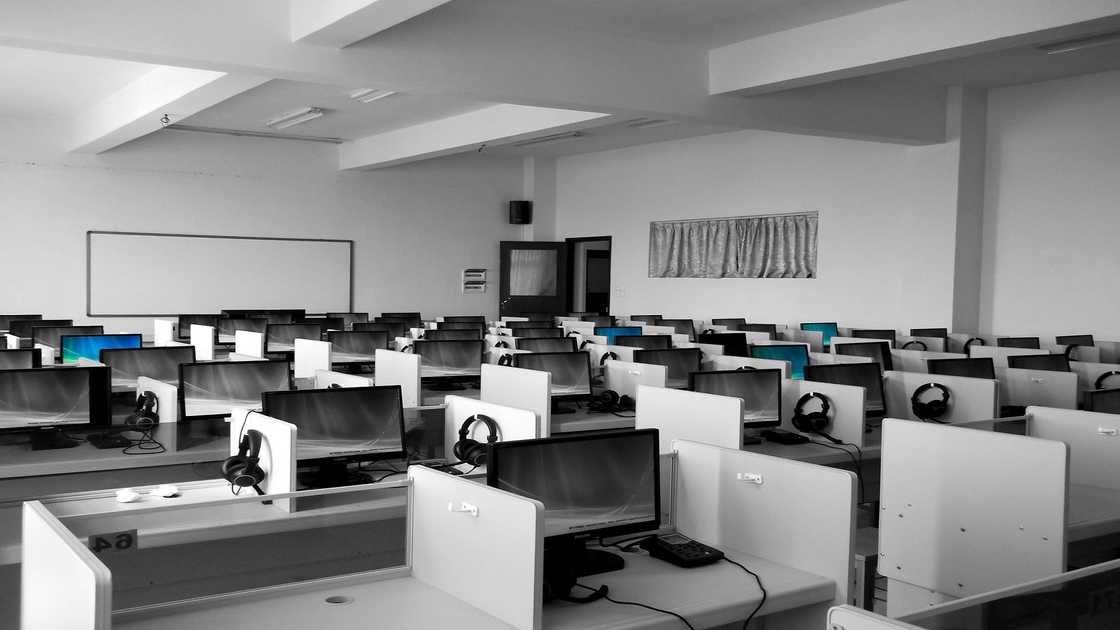
Source: UGC
There are many challenges facing the integration of ICT into the Ghanaian education system. Most schools in Ghana (both private and public) do not have ICT programs. Meanwhile, those that have implemented ICT programs need more resources like internet connection, computers, computer labs, and even qualified ICT teachers.
8. The financing challenge in Ghana's free education initiative
The New Patriotic Party Government allocated GHC 480 million for free education in Ghana in 2017/2018, but the initiative required more money than the government provided.
Although the government funds the project annually, the initiative keeps struggling financially. As a result, people worry about free compulsory universal basic education in Ghana failing in a few years to come.
Ghana's former trade minister, Dr. Ekwow Spio Garbrah, confirmed that problems in free SHS education are due to poor planning by the government.
Is there free tertiary education in Ghana?
President Akufo-Addo's government plans to introduce a free tertiary education program in Ghana to increase access to education.

Source: UGC
When did free education start in Ghana?
Ghana adopted free and compulsory primary education in 1961 under President Kwame Nkrumah. The Kwame Nkrumah University of Science and Technology was established in the same year.
Who started free education in Ghana?
President Kwame Nkrumah initiated free primary education in 1961, while President Akufo-Addo established the Free Senior High School policy in 2017.
Free secondary education in Ghana has had a significant impact on the people. Most Ghanaians used to end their education at the Junior High School level until the new law was implemented. Today, more people have advanced to the Senior High School level.
READ ALSO: List of category B schools in the Eastern Region of Ghana
Yen.com.gh shared a list of category B schools in the Eastern Region of Ghana. The Ghana Education Service (GES) has placed senior schools into seven categories; A, B, C, D, E, F, and G.
These categories are essential when moving students moving from Junior High Schools (JHS) into Senior High Schools (SHS), Senior High Technical Schools (SHTS), and Technical/ Vocational Institutes (TVIs).
Source: YEN.com.gh

Chris Ndetei (Lifestyle writer) Christopher Ndetei is a writer who joined the Yen team in May 2021. He graduated from Machakos Technical College in 2009 with a Diploma in ICT and has over four years of experience in SEO writing. Christopher specialises in lifestyle and entertainment coverage, with a focus on biographies, life hacks, gaming, and guides. He has completed the AFP course on Digital Investigation Techniques (2023) and earned the Google News Initiative Certificate (2024). In recognition of his work, he was named Yen Writer of the Year in 2024. You can connect with him via email at chrisndetei@gmail.com.

Peris Walubengo (Lifestyle writer) Peris Walubengo has vast experience in search engine optimization through digital content generation, research, editing, and proofreading. She joined Yen.com.gh in April 2022 and has done several Google News Initiative Courses. You can email her at perisrodah254@gmail.com.







